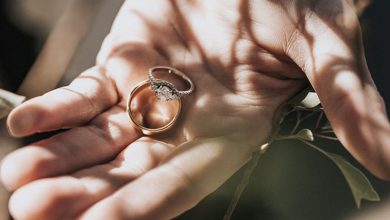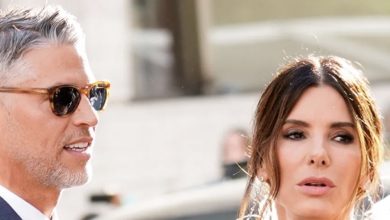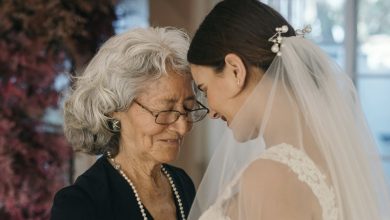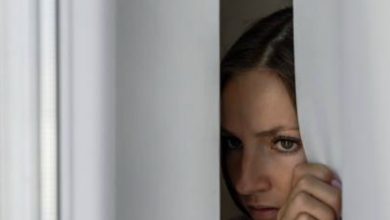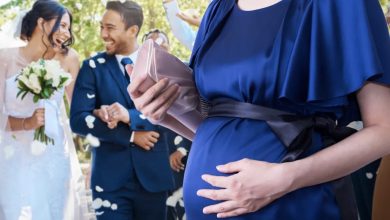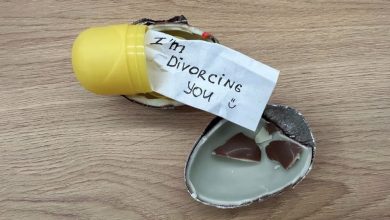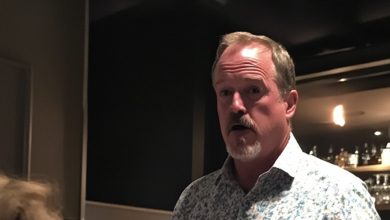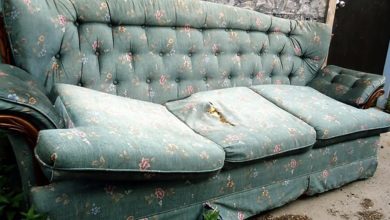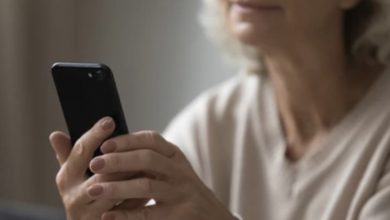“He Broke a Car Window to Save a Child From the Heat—What Happened Next Shocked the Entire Room”
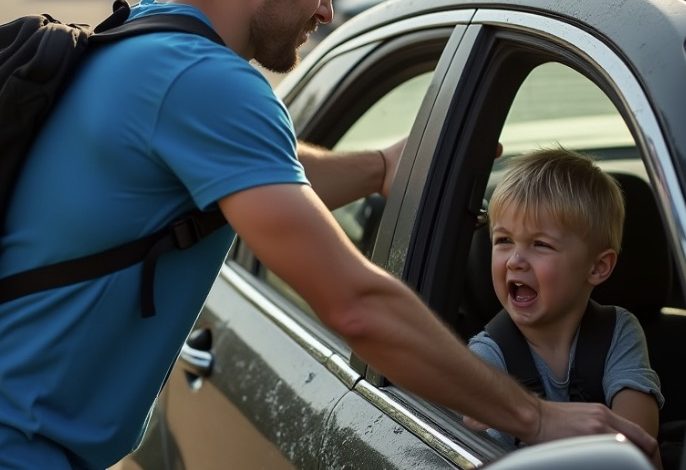
The afternoon heat bore down on the city like an unshakable weight. It was one of those days when the air felt heavy, as though the entire world had been covered in a stifling wool blanket. Even the wind seemed to have surrendered. The sidewalks shimmered, waves of heat rose from the asphalt, and the wide parking lot outside Maplewood Shopping Plaza stretched empty and still, filled only with a few cars baking under the merciless sun.
Twenty-three-year-old Lucas Reynolds had just finished his shift at the small electronics repair shop on the far edge of town. His job wasn’t glamorous—long hours hunched over circuit boards and broken phones—but it paid the bills while he juggled night classes. He dreamed of becoming a computer engineer one day, but for now, his life was a careful rhythm of work, school, and home.
Lucas adjusted the backpack on his shoulder and stepped out into the glaring sunlight, wincing as the heat wrapped around him. He cut across the parking lot, squinting at the horizon where the pavement seemed to melt into waves. Most of the shops were closed for renovations, leaving the plaza eerily silent.
That’s when he heard it.
At first, it was faint—barely there. A whimper, thin and almost swallowed by the sound of cicadas in the distance. Lucas slowed, his ears straining. He waited. Then it came again. A cry, weak, fragile.
His pulse quickened. He followed the sound, weaving between the rows of cars until he spotted a black SUV parked near the corner of the lot. The vehicle stood out—not because of its make or model, but because of what he glimpsed inside.
Through the tinted glass, a small shape was slumped in the backseat.
Lucas stepped closer, shading his eyes. His stomach dropped.
It was a baby.
The child was strapped tightly into a car seat, his tiny face flushed crimson. Beads of sweat clung to his hairline, his lips were cracked, and his chest rose and fell in shallow, uneven breaths. The faint sound Lucas had heard was the last of the boy’s cries—now too weak even to call for help.
“Hey! Hey, can you hear me?” Lucas shouted, banging on the glass. The baby didn’t stir. Lucas yanked on the door handles—they were locked.
He spun in a circle, scanning the lot for anyone who might belong to the car. No one. The plaza was deserted.
Panic surged in his chest. He pulled out his phone and dialed 911, but when his eyes fell back on the child—his eyelids fluttering, his head rolling weakly to the side—Lucas knew there wasn’t time.
Every second mattered.
“Hang on, little guy,” Lucas muttered.
He spotted a landscaping rock nearby, heavy and jagged, half-buried in the dirt by a flowerbed. He grabbed it, whispered, “I’m sorry,” and swung with all his strength.
The rear passenger window shattered with a sharp crack. Glass rained down in glittering shards. Lucas reached in carefully, brushing pieces aside, and unclipped the car seat straps. The child’s skin was scorching to the touch, his tiny body limp.
Clutching the boy close, Lucas bolted across the lot toward the urgent care center across the street.
“Help! Somebody help!” he cried, bursting through the doors, sweat dripping down his face. “A baby—locked in a car—heatstroke!”
Nurses rushed forward, taking the child from his arms. They disappeared into the back, barking orders. Lucas staggered to a chair in the waiting area, his whole body trembling. He hadn’t realized he was crying until a receptionist handed him a tissue with a soft, “You did the right thing.”
Fifteen agonizing minutes ticked by. The hum of the air conditioner filled the silence until finally a nurse returned.
“The baby’s stable,” she said. “Severely dehydrated, but he’s going to be okay. Another few minutes and…” She trailed off, shaking her head.
Lucas let out a long breath he hadn’t realized he was holding. Relief coursed through him, leaving him shaky but grateful. He leaned forward, elbows on his knees, whispering, “Thank God.”
That calm didn’t last long.
The clinic doors slammed open, and a woman charged inside. Early thirties, flushed face, hair sticking to her temples—not with worry, but with fury.
“Where is he? Where’s my son?” she demanded.
A nurse led her toward the back. Moments later, she returned, her eyes narrowing on Lucas like daggers.
“You!” she shrieked. “You broke my window!”
Lucas blinked, stunned. “Ma’am, your child—he was—he could’ve—”
“I was gone for five minutes!” she snapped. “You had no right! You’re paying for that window. And I’m calling the police!”
The waiting room froze. People stared, wide-eyed.
“Ma’am,” one of the nurses said firmly, “that young man saved your son’s life. Your boy was in serious condition.”
But the woman—later identified as Karen Ellis—ignored her. She had already pulled out her phone.
Lucas sat frozen as Karen reported in a cold voice: “A young man just vandalized my car and put his hands on my child.”
Within minutes, two police officers walked into the clinic.
One of them, Officer Grant, approached Lucas calmly. “Son, can you tell me what happened?”
Lucas swallowed, nodded, and explained everything—the cries, the locked doors, the heat, the smashed window, the rush to the clinic. Officer Grant listened carefully, jotting notes.
Doctors confirmed the boy had been on the verge of heatstroke, and Lucas’s actions had made the difference between recovery and tragedy.
The officers turned to Karen.
“Ma’am,” Officer Grant said firmly, “leaving a child unattended in a locked car, especially in this heat, is extremely dangerous. You’re fortunate someone stepped in.”
Karen stammered, “It was just a few minutes! I ran into the pharmacy—”
“You’re facing possible child endangerment charges,” the officer interrupted. “For now, let’s focus on your son’s recovery. But there will be a report.”
Lucas stood silently, his hands still trembling, unsure if he should feel proud or guilty.
Eventually, Karen left with her son after signing paperwork and receiving a sharp warning. The officers turned back to Lucas.
“You did the right thing,” Officer Grant told him. “Some people walk away. You didn’t.”
Lucas nodded quietly. “I couldn’t.”
A Story That Spread
Unbeknownst to Lucas, a bystander had snapped a photo of him outside the clinic—sweat-soaked, cradling the child against his chest. That image made its way online with a simple caption:
“This man broke a car window today to save a baby from the heat. The mom yelled about the glass, but he never once raised his voice. A true hero.”
The post spread like wildfire. By morning, every local news station had picked up the story.
“Hero Saves Child From Hot Car in Maplewood.”
“Mother Complains About Window After Son’s Rescue.”
Social media exploded with praise for Lucas Reynolds. Thousands of comments thanked him, defended him, and called him courageous.
Lucas, however, wanted none of the attention. He ignored most of the messages, overwhelmed by the sudden spotlight.
But the world wasn’t done with him.
Recognition
Two days later, there was a knock at his apartment door. Lucas opened it to find a man in a suit holding an envelope.
“Mr. Reynolds? I represent the Hawkins Foundation for Child Safety. We heard your story. We’d like to present you with our annual Community Hero Award.”
Lucas shifted uncomfortably. “I… I didn’t do it for a reward.”
The man smiled. “That’s why you deserve it.”
Soon after, Lucas was invited to speak at a local elementary school. Nervous but willing, he kept his message simple.
“I saw someone who needed help,” he told the children. “And I helped. That’s all.”
A small girl raised her hand. “Were you scared?”
Lucas smiled softly. “Yes. But being scared doesn’t mean you don’t act. Sometimes it means you must.”
The room went silent before erupting into applause.
The Aftermath
Karen Ellis avoided jail but was ordered to take parenting classes and complete community service. Her son made a full recovery. Weeks later, she sent Lucas a brief handwritten letter:
“I was wrong. Thank you for saving my son.”
Lucas left the letter in a drawer for months before reading it. When he finally did, he nodded once and put it away again.
Because to him, the letter wasn’t what mattered. Neither were the headlines, the praise, or the awards.
What mattered was simple: On a blistering summer afternoon, when the world was silent, Lucas had listened to the faint cry of a child—and answered it.
That, he believed, was enough.

